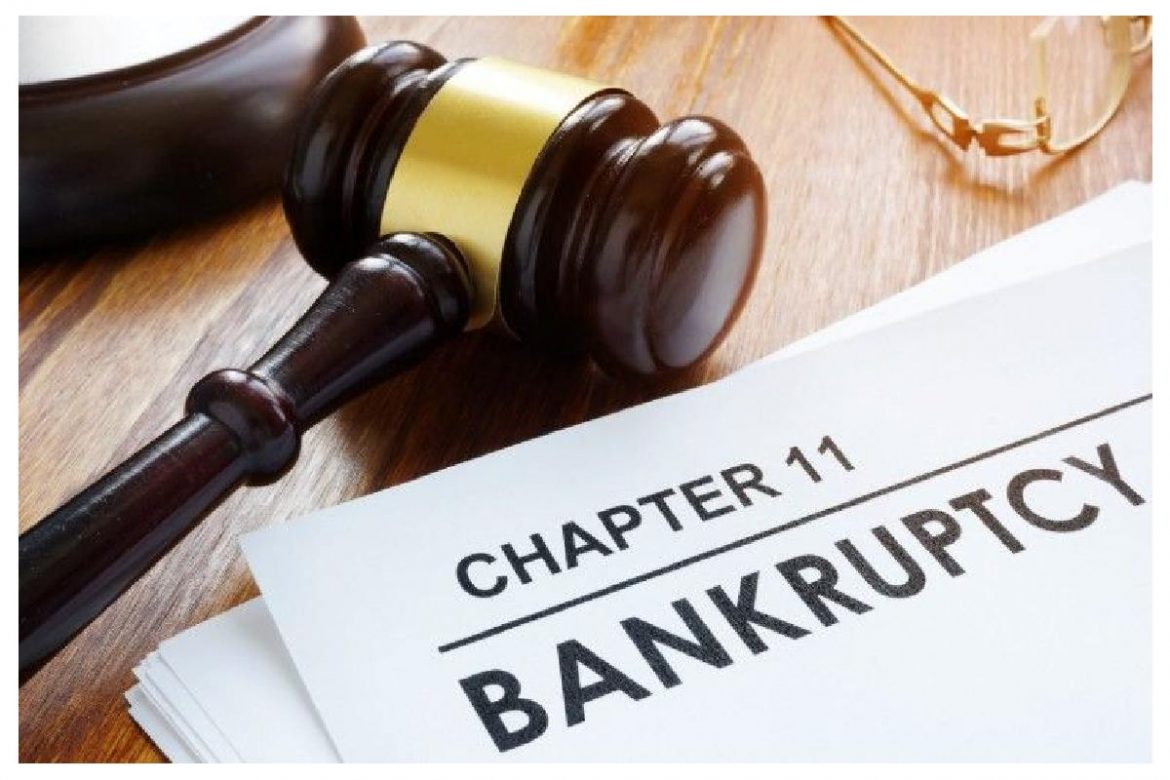Table of Contents
Why File Chapter 11 Bankruptcy?
What type of long-term relief may a debtor obtain under Chapter 11? – Bankruptcy is not a thing most people want to do and admiring your finances and debts have reached a state where bankruptcy is needed can be hard. However, it is important to remember that hiring a Chapter 11 Bankruptcy Lawyer for Individuals often is the best solution to the existing issues you are having. Bankruptcy laws are in place to help people and often the reasons you find yourself in a bad financial situation could very well be to situations outside your control. You should not have to endure years of debt due to circumstances such as health concerns or economic conditions and bankruptcy exist to help you get things under control.
Chapter 11 Versus Other Types of Bankruptcy
There are many types of bankruptcy a person can file. Chapter 7 is one of the most popular and well-known bankruptcy options. Chapter 7 chiefly works by liquidating all your assets for capital and using the acquired money to pay down your debt with any remaining debt usually written off. While Chapter 7 is useful if the person doesn’t have a high level of assets this isn’t true of everyone. Chapter 11 can work better as it can help you protect assets while still organizing your debt.
Chapter 13 is a type of bankruptcy that works for people with predictable future income. It works by allowing the filer to pay down their debt via monthly payments for a set period of three or five years. An advantage of Chapter 13 is that if the debt is paid off within the proper timeframe assets do not have to be liquidated. A downside of Chapter 13 is it has debt limits meaning it only works in certain situations. Chapter 11 is a better option if you have a higher level of debt making Chapter 13 unfeasible and Chapter 11 allows you to keep some of your assets.
Long Term Debt Relief Under Chapter 11
When filing for Chapter 11 bankruptcy you gain several benefits that allow you to get your debt under control and allow you to better manage it. An advantage of Chapter 11 is there is no cap on your debt (unlike Chapter 13) and there is no means-testing to be eligible for Chapter 11.
Some areas where Chapter 11 can help you include the following.
-
Mortgage Payments
Due to financial stressors, you can easily fall behind on mortgage payments for your home or residence. Other types of bankruptcy may not be practical for saving your home as Chapter 7 can cause it to be lost as an asset sale and Chapter 13 has a hard cap on the repayment timeframe. When filing under Chapter 11 you can reorganize your debt past a five-year threshold allowing you more time to recover from bankruptcy and get your finances back under your control.
-
Automobile Liens
Another area of debt where a Chapter 12 bankruptcy can help is with the existing automobile lien. Under a Chapter 13 bankruptcy, your automobile could be valued at a higher rate due to its purchase price without deprecation being taken under consideration. Under a Chapter 11 filing, your lien is valued at your automobile’s price at the time the petition is filed. This can help reduce what is owned while also being fair.
-
Recent Debt Discharge
If you’ve been having financial problems over a long enough period, you could have an existing Chapter 7 or Chapter 13 bankruptcy on your record. Refiling a bankruptcy can be a challenge as Chapter 7 only allows refilling after four years and a Chapter 13 bankruptcy only allows a filing after two years. A Chapter 11 bankruptcy can allow you to refile your finical issues under a different bankruptcy saving your assets and allowing you to reorganize your debt.
-
Managing Non-Dischargeable Debt
Not every type of debt can be filed under bankruptcy. Debts that noticeably can’t be declared under bankruptcy include alimony, child support, payroll taxes, and other types of debt and taxes. An area where a Chapter 11 filing can help with non-dischargeable debt is with tax penalties and fees. When you owe the IRS money fees and penalties can quickly accumulate greatly increasing the amount owed. Luckily, a Chapter 11 filing can stop these extra fees from occurring, and in some circumstances, your lawyer may be able to negotiate a settlement removing your tax debt and saving you a great deal of money.
-
Reorganization of Debt
One of the key advantages of bankruptcy is organizing your debt and clearly defining a payment plan to eliminate it and get your finances back on good footing. An advantage of a Chapter 11 filing is that it offers more flexibility in how your debt is reorganized. Plus can also make use of a much longer timeframe allowing you the time to get your debt paid off without stress on your finances as you recover, by comparison, Chapter 13 filings have time limits of either three or five years.
Why You Need a Lawyer
When you need finical assistance and are considering bankruptcy a skilled lawyer can help. When you hire an attorney, they manage several key aspects of your filing including negotiations with your creditors and those you owe, helping prepare a petition, helping set up a trustee, handling paperwork such as proof of claim, and meeting with your creditors to finalize the repayment terms and process. A bankruptcy filing is an involved process with set dates during the process having skilled legal representation ensures everything is done promptly and correctly.


